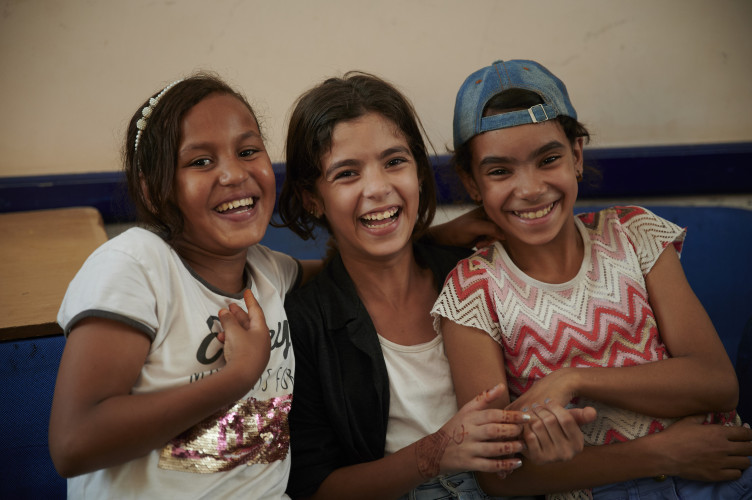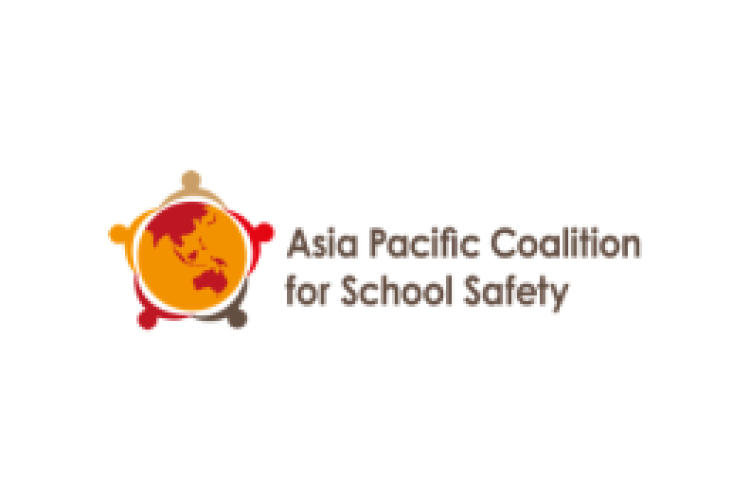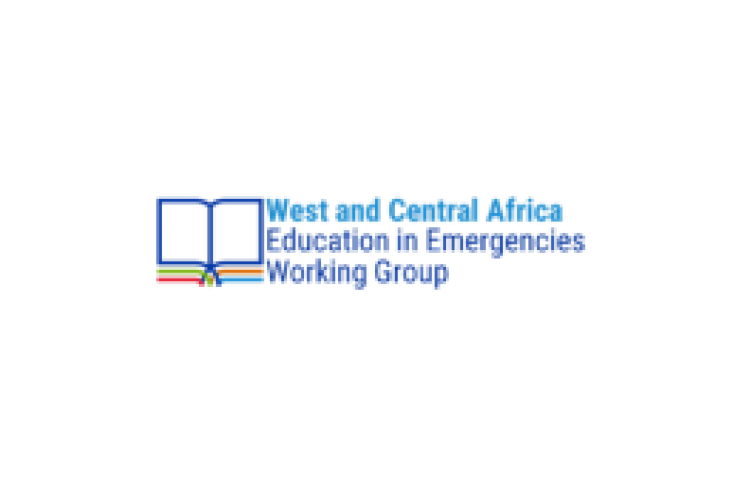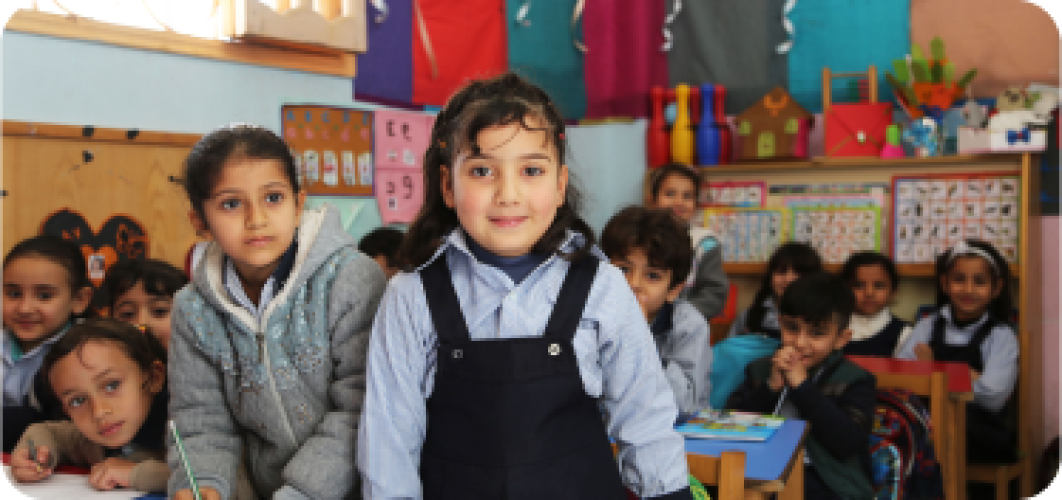
Grupo Regional de Educación para Latinoamérica y el Caribe
Regional Education Group for Latin America

Grupo Regional de Educación para Latinoamérica y el Caribe
Regional Education Group for Latin America

Grupo Regional de Educación para Latinoamérica y el Caribe / Regional Education Group for Latin America and the Caribbean (GRE-LAC) was established in 2011 under the framework of REDLAC (Risk Emergency Disaster Working Group for Latin America and the Caribbean) to support Ministries of Education in their education in emergencies response (including risk management, disaster, and migration), based on the Sendai Framework, the World Initiative for Safe Schools and the Global Education Cluster, to ensure the right to education to all children in the region.
The GRE-LAC acts as the regional coordination mechanism, exchange of information, reflection and programming and support of joint actions between UN agencies, international organizations, non-governmental organizations, multilateral agencies, donors, and other education stakeholders that allows the strengthening of disaster risk reduction, humanitarian aid and migration and refugee responses in the education sector in Latin America and the Caribbean.

Purposes
Key Priorities
Accomplishments
- Disaster Risk Reduction Course for Latin America and the Caribbean.
- Guidance: “Guide for the Adaptation of the Curriculum in Emergency Situations”
- Creando Aula online practical course for teachers in contexts of emergency
- Webinar series: “Leaving no one behind in times of the COVID-19 pandemic”
- Online section for the Regional Education Working Group in the Humanitarian Response
- Online repository for the National Responses Section and the Thematic Resources section
- Report: “Right to Education in Times of Crises: Alternatives for the Continuity of Education”






